Analysis of Security Considerations: HIPAA and HITECH Acts
VerifiedAdded on 2022/10/12
|5
|868
|265
Report
AI Summary
This report examines the Health Insurance Portability & Accountability Act (HIPAA) and the Health Information Technology for Economic and Clinical Health (HITECH) Act, focusing on their impact on healthcare security. It outlines the primary objectives of HIPAA, including protecting patient health information and preventing fraud, and explains the HITECH Act's role in data breach reporting and the use of Electronic Health Records (EHRs). The report details various security measures, such as physical, technical, and administrative safeguards, that healthcare organizations can implement to ensure patient data privacy and compliance with regulations. It also explores the implications of these acts on healthcare settings, highlighting the penalties for non-compliance and the importance of interoperability, connectivity, and advancements in healthcare. The report emphasizes the need for healthcare providers, organizations, and insurance providers to adhere to these regulations to protect patient information and improve the overall healthcare system.
1 out of 5
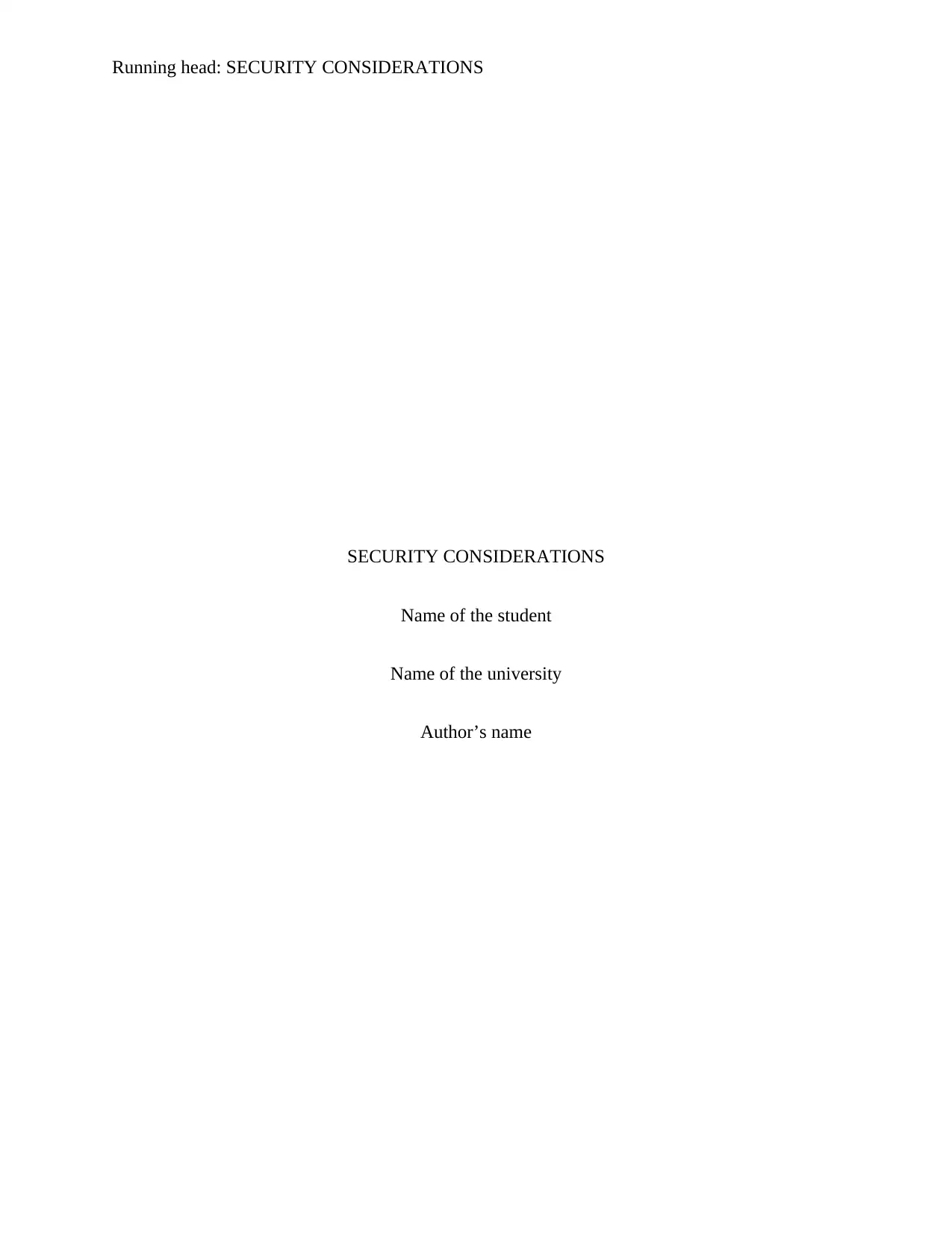
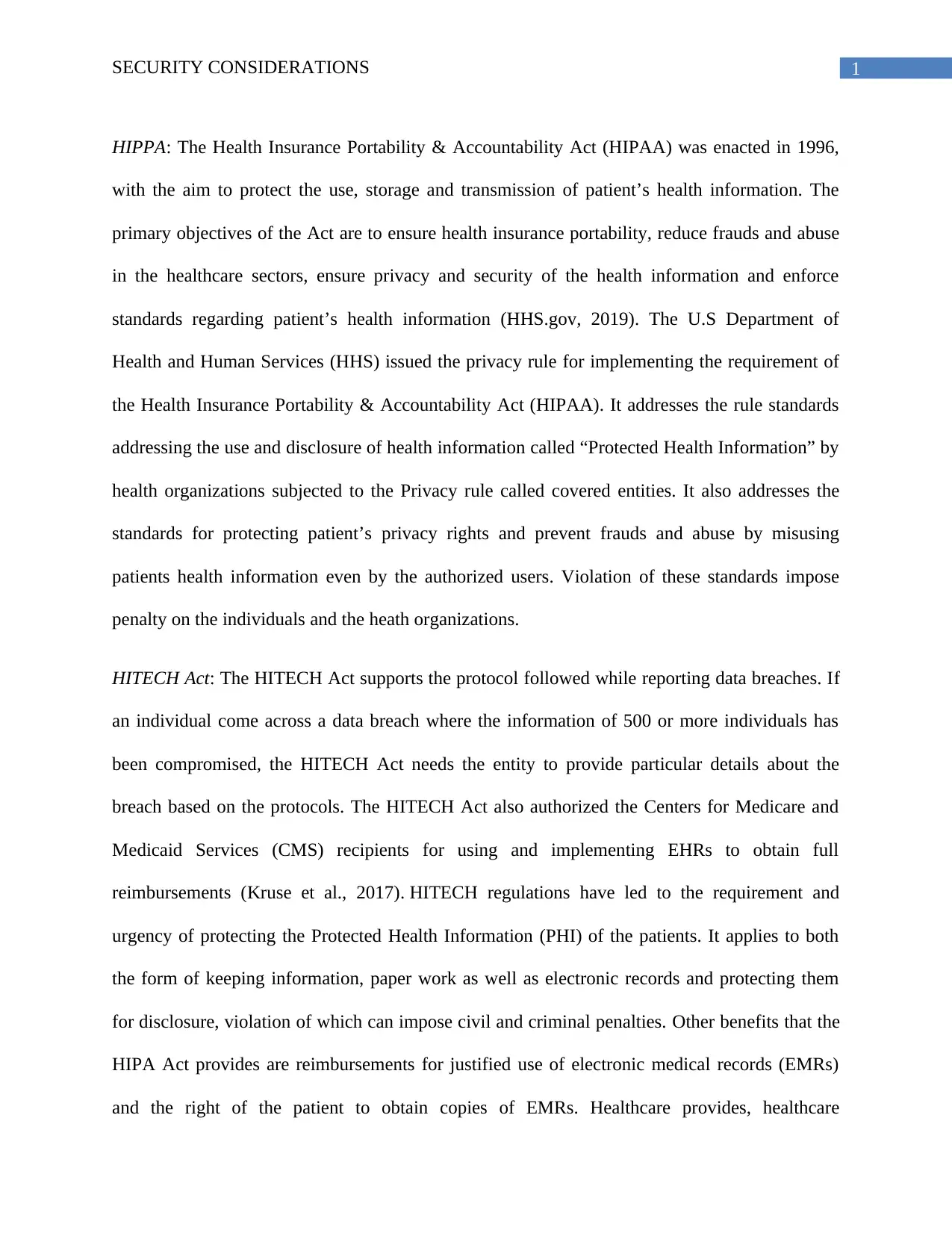
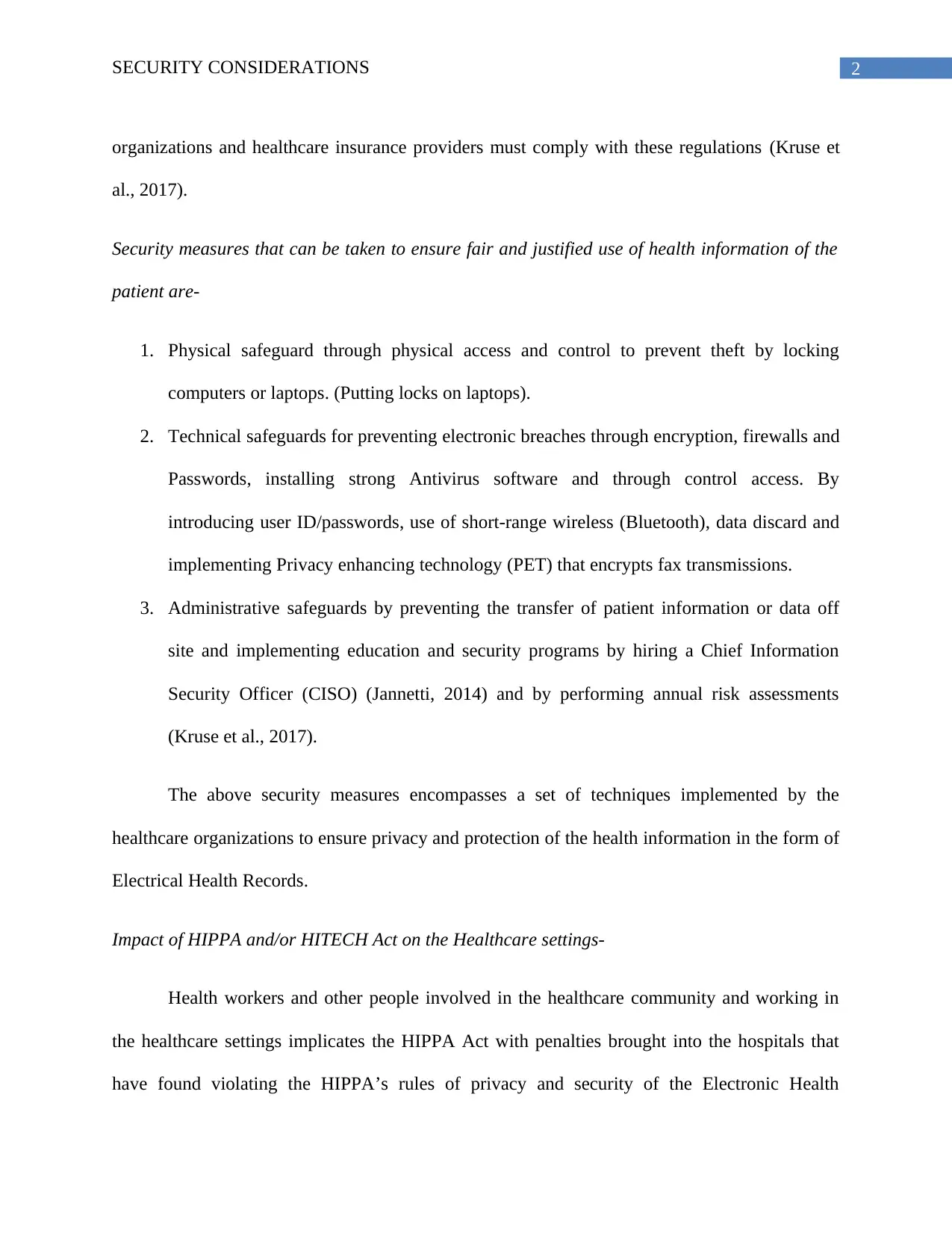

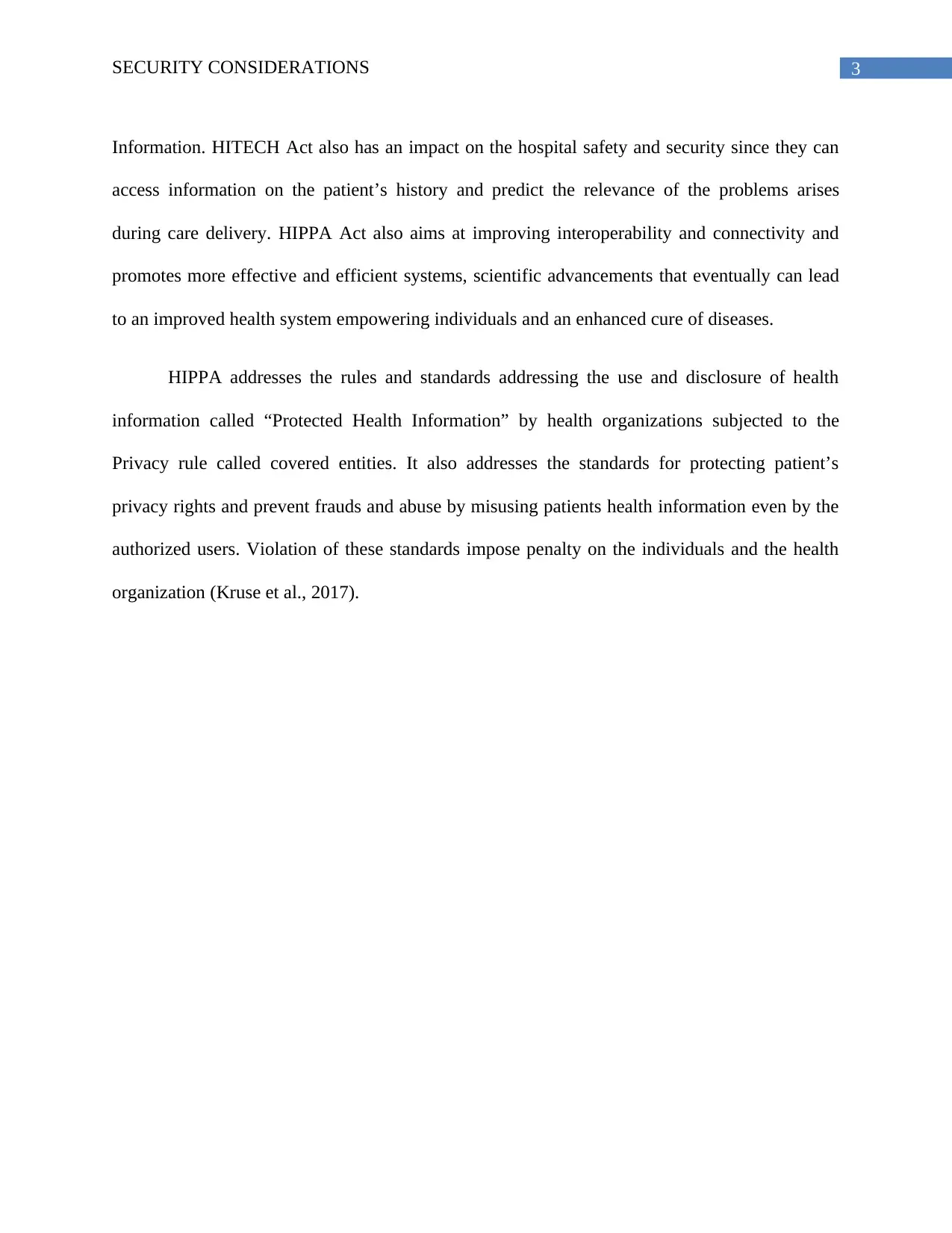
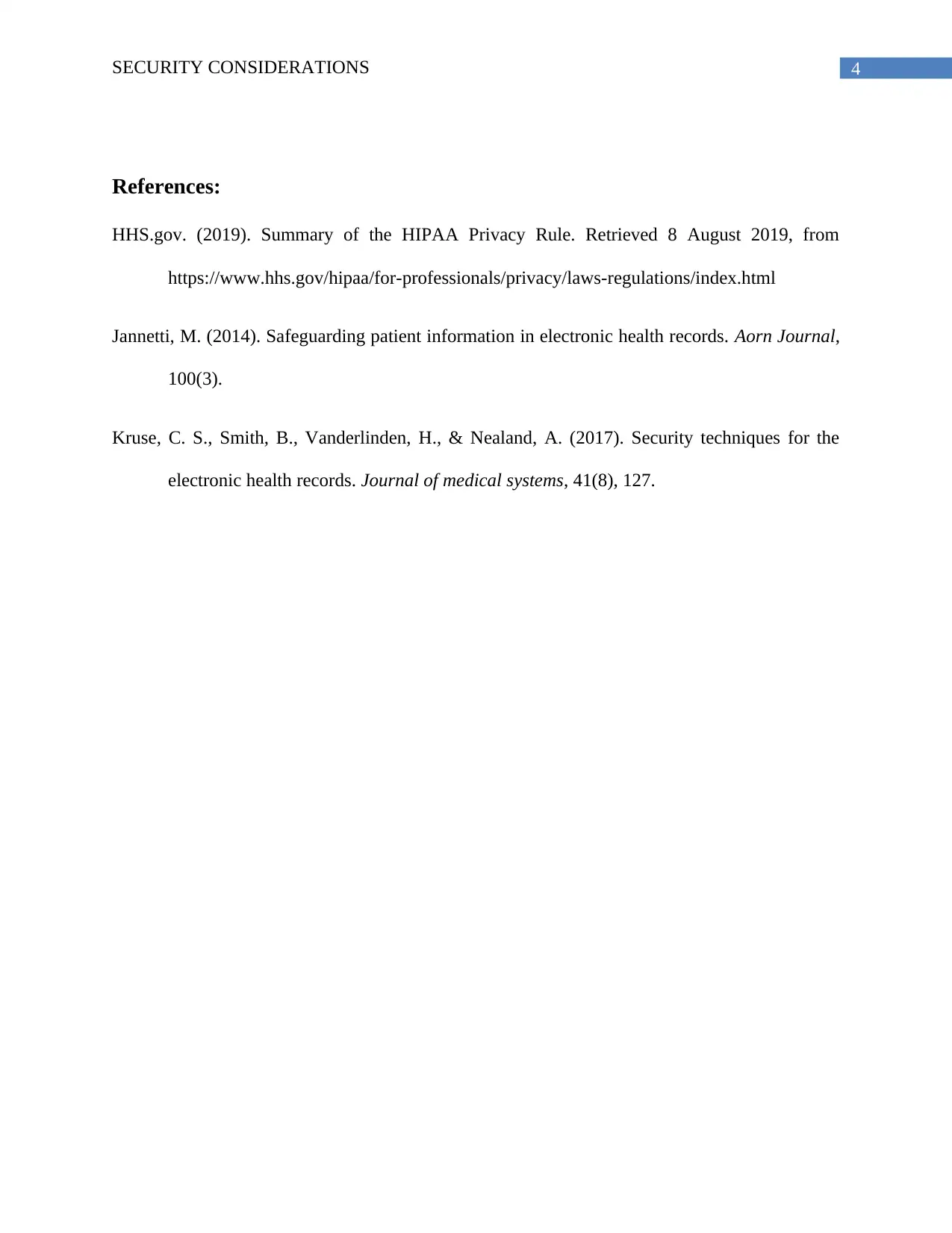





![[object Object]](/_next/static/media/star-bottom.7253800d.svg)